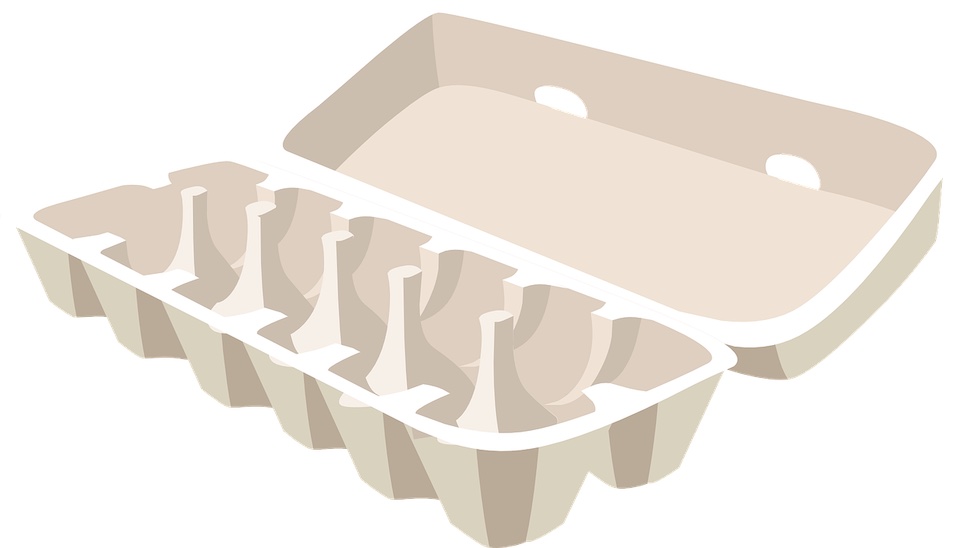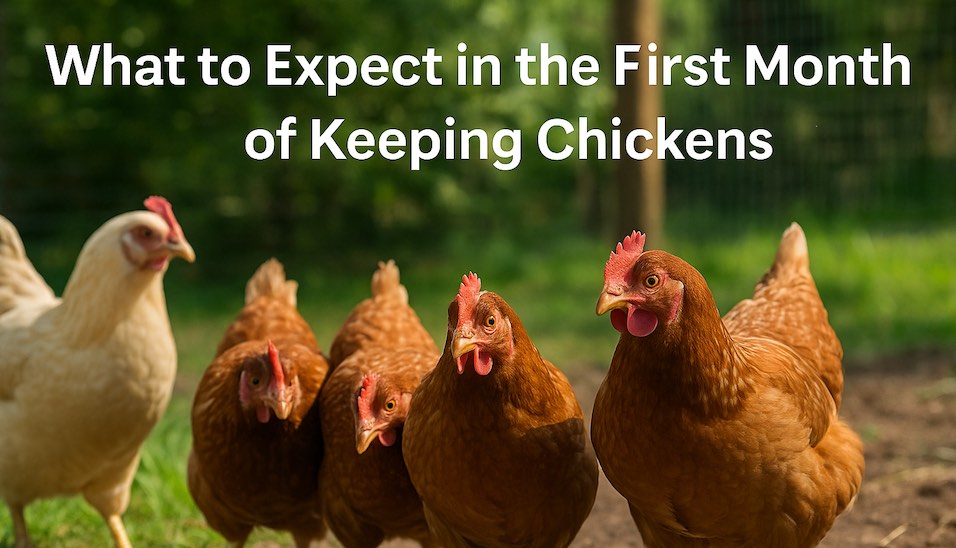Avoid the egg shortages
How to avoid egg shortages with backyard chickens
The latest in a series of food shortages, eggs are the most recent household staple to disappear from supermarket shelves.
The Australian egg shortage is attributed to a range of factors, including COVID-related disruptions, winter weather and an increase in the popularity of free-range eggs.
If you have chickens, you have food. So can keeping backyard chickens protect you from egg shortages?
Do backyard chickens produce eggs year-round?
As backyard chicken keepers, we are never without eggs. We’ve only had to buy eggs twice in the last 10 years of chicken keeping! In most parts of Australia, a backyard flock will produce eggs year-round.
Chickens definitely produce more eggs at certain times of year, and less at others. Backyard chickens are usually most productive in spring.
In areas of Australia with very short winter days or extremely cold temperatures, chickens may stop laying in winter. But the Aussie winter is so mild compared to Europe, that it is uncommon for chickens to stop laying altogether.
Why do chickens stop laying eggs?
There are many reasons why a chicken might stop laying eggs:
- Moulting
- Broodiness
- Seasonal changes
- Age
- Poor diet
- Deficiencies
- Parasites
- Disease
- Reproductive problems
- Stress
The most common reason chickens stop laying is moulting. This is a natural process that is important for chicken health, as it provides a chance to recover from the stress egg laying places on the body.
Find out more about why chickens stop laying and what to do about it.
Why do chickens lay fewer eggs in winter?
Egg production is influenced by day-length. In winter, chickens don’t always get enough hours of daylight to produce eggs. This is particularly true in places where winter days are very short, like Tasmania.
However, in most parts of Australia winter days are still relatively long and sunny. Compared to Europe, anyway! So although chickens here may produce fewer eggs in winter, they are unlikely to stop laying altogether like they would in a colder climate.
Avoiding egg shortages with a backyard flock
Fortunately, there are ways to manage your backyard chickens to ensure that you don’t have to buy eggs.
We manage our flock for year-round productivity and it is rare that we get less than an egg a day. We don’t have a huge flock – usually 6-8 hens – and eggs are plentiful enough to be a staple in our house for most of the year. No egg shortages here!
Eat seasonally
Eating seasonally is a much more sustainable choice and it doesn’t just apply to fruits and vegetables. Just like produce, eggs have seasons too. While eggs are definitely available year-round, especially in Australia’s relatively mild climate, they are more abundant in spring and early summer.
Eating seasonally means using abundance when it is available, and eating fewer eggs when they are scarce. This is a normal way of eating and something humans have been doing for thousands of years.
As a chicken keeper, you quickly learn to eat seasonally. In our house, that means lots of frittata and quiche when eggs are plentiful. But if we’re only getting an egg a day, we know to save them up if we want to make something special like a cake.
Eating seasonally isn’t as convenient, perhaps, as just buying eggs when we want them. But it is much cheaper and better for the budget. It is also better for the environment.
How to manage your chickens for year-round egg production
Here are some tips to keep your flock producing eggs year-round.
Research breeds before you buy
Different chicken breeds have different egg laying characteristics. In addition to laying more or fewer eggs, some breeds are more likely to stop laying over winter.
If winter laying is important to you, or you live in an area with short winter days, choose a breed that is cold-hardy and known to lay over winter.
Some chicken breeds are also less likely to become broody. Broody chickens stop laying, so if you don't want chicks but do want good egg production, this is something else to consider.
Some of the best egg laying chicken breeds include ISA Browns, Leghorns, Australorps and Rhode Island Reds.
Keep a multi-age flock
If your chickens are all of the same age and breed, you are much more likely to end up eggless.
Chickens born at the same time tend to come into lay at the same time. This means they will also be likely to moult, go broody and be affected by old age at a similar time.
Keeping a mixed-age flock, with chickens that started laying at different times of year and in different years, will help even out fluctuations in egg production across your flock across the year, so you are less likely to run out of eggs.
Replenish your flock regularly
Chickens are most productive in the first 1-2 years of laying. Older chickens lay fewer eggs, and often have longer breaks between periods of laying.
You can ensure good production by replenishing your flock regularly. Adding 2-3 new chickens every year or so means that you will always have some young, highly-productive birds to keep you in eggs.
Deal with broody hens
A broody hen does not produce eggs. And broodiness seems to spread, causing decreased egg production across the flock.
If dealt with promptly, most broody hens can be encouraged to give up brooding and go back to egg laying relatively quickly.
Learn what to do about a broody hen here.
Keep your chickens healthy
Poor diet is one of the most common causes of low egg production in chickens. Keep your chickens healthy with a good diet, high in protein and essential nutrients, to avoid egg shortages.
Monitoring for disease, worming your chickens regularly and dealing with parasites and other problems is also important.
Control the environment
Day-length affects egg production. Industrial chicken farms often provide extra hours of artificial light in winter to stimulate egg production. You can add a light to your chicken house, but providing plenty of natural light in the coop and run is often enough to ensure your chickens lay some eggs in winter.
In addition to day-light hours, temperature also affects egg production. In much of Australia, chickens are more likely to stop laying because of heat stress than because of cold winter days.
To help your chickens deal with high temperatures, ensure the run has cool, shady areas and plenty of water. Here are some other tips for keeping chickens cool when temperatures soar.
Manage stress
Any sort of stress can stop your chickens from laying. Chickens often stop laying after a visit from a fox or other predator. Bullying is another common cause of poor egg production in lower-ranking chickens. Keeping your flock happy and preventing stress can help avoid gaps in egg production.
Happy chicken keeping!
Rachael at Dine a Chook Australia







